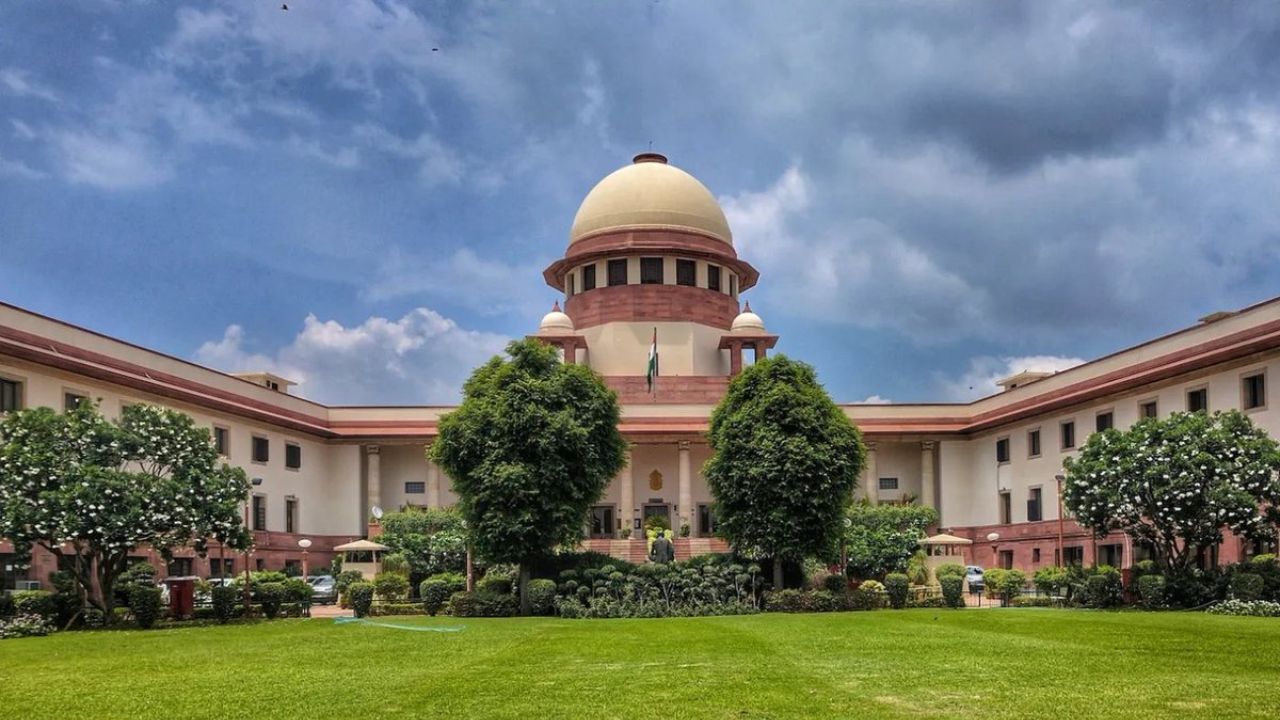 English
English

The Supreme Court has justified the stand of the Election Commission on the voter list revision campaign in Bihar. Justice Suryakant said that Aadhaar cannot be considered as proof of citizenship.

Supreme Court of India (Image Source: Internet)
New Delhi: The Supreme Court has given an important verdict regarding the Special Intensive Revision (SIR) campaign of the voter list in Bihar. The bench headed by Justice Suryakant justified the stand of the Election Commission and said that Aadhaar cannot be considered as conclusive proof of citizenship. The court clarified that it is necessary to check other documents to prove citizenship, because Aadhaar only proves residence, not citizenship.
Question on availability of documents
The court asked that if the people of Bihar do not have proof of citizenship, then how will the people of other states have it? This question highlights that people in many parts of the country lack basic documents.
List of alternative documents
The court said that identity cards issued by local authorities, LIC, or the central government should also be accepted. Apart from this, documents like a matriculation certificate, birth certificate, or OBC/SC/ST certificate should also be sufficient to prove citizenship.
Kapil Sibal's argument
Senior advocate Kapil Sibal said that very few people in Bihar have documents like birth certificates (only 3.056%) or passports (2.7%). He also pointed out that only 14.71% of people have matriculation certificates, which shows that if strict documentation is demanded, lakhs of people may be out of the voter list.
Clarity of the court
Justice Suryakant said that there must be some proof to prove citizenship. He gave the example that an identity card is required even to buy a SIM card, so it would be wrong to assume that people do not have any documents.
This decision is also important because there have been frequent disputes over the voter list in Bihar. Some political parties allege that voters from particular communities are being removed from the list under the SIR campaign, while the Election Commission says that this process is transparent and is being done only to remove fake voters.
The Supreme Court took a balanced stand in this matter and said that documents are necessary to prove citizenship, but at the same time it should also be ensured that people from poor and deprived sections are not excluded from the voter list. This decision can prove to be helpful in making the electoral processes more transparent in the future.